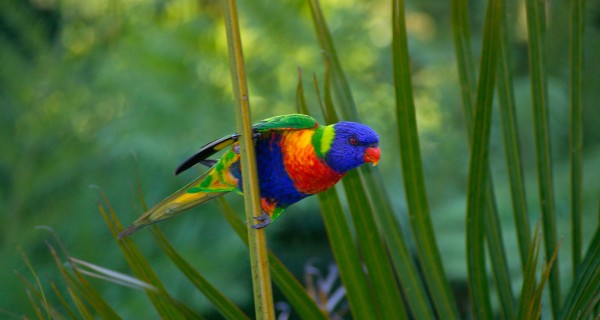
Parrot Fever
As published in The Pet Directory NSW & ACT Edition by Dr. Ed Layt B.V.S.c M.A.C.V.Sc (Avian Health)
CHLAMYDIOSIS / PSITTACOSIS
Also known as “parrot fever”, Chlamydiosis is a disease caused by a micro-organism called Chlamydia psittaci. If inhaled, it is usually found in the lungs and air sacs. If ingested, it is usually found in the liver, spleen, intestines and kidneys.

The micro-organism is found in feather dust and dried faeces and is dispersed by air circulation. It will survive for several months in the environment. Chlamydia is regularly or intermittently shed in the faeces, urine, and nasal and ocular discharges. Many birds with no clinical signs can be shedding Chlamydia. This disease has many non-specific signs.
The signs most often seen with acute Chlamydiosis are:
• “Fluffed up” and lethargic
• Conjunctivitis and sinusitis and/or sneezing
• Yellowish to greenish droppings, often seen as “lime green” droppings
• Difficulty in breathing
• Weight loss and dehydration
• Death
The clinical signs of low grade or chronic Chlamydiosis are:
• Progressive weight loss
• Greenish diarrhoea
• Convulsion and tremors
• Poor fertility
In untreated, bird acute Chlamydiosis is often fatal. If the bird is severally affected it may die despite treatment. It is seen in all species of birds. It is very common in most parrot species and pigeons. Many birds are asymptomatic carriers. They will often only show clinical signs if stressed (e.g. new surroundings, moulting or breeding)
Chlamydia is hard to conclusively identify in the live bird. Helpful hints are the clinical signs, antigen tests (such as the Clearview Chlamydia test), cytology and blood test. In aviary outbreaks, laboratories can do cytology or a culture on the liver, spleen, airsacs, lungs and kidneys of specimens from dead birds.
Doxycycline is the preferred treatment for Chlamydiosis. The treatment is 45 days and available by prescription only. Additional procedures may be needed.
These include:
• The cage should be cleaned thoroughly daily and then disinfected
• Quarantine all new birds
• High energy soft/liquid food supplements for emaciated birds. Fluids intravenously or subcutaneously may be needed in severe cases
• A heat source – e.g. a 40 watt light globe
• Isolate any suspect birds
• Reduce stress in the cage/aviary as much as possible
• Avoid buying birds from markets
At a bird’s yearly health check, it should be examined for any signs of Chlamydia and then preferable tested or treated if suspect. All new birds should be tested / treated for Chlamydia.

PSITTACOSIS IN HUMANS
The Chlamydial organism is capable of being transmitted from birds to humans, but this rarely occurs despite the relatively high incidence of infection in birds. Although psittacosis infection in humans normally mild, it is potentially dangerous for persons who are sick, elderly or immunosuppresed (e.g., AIDS patients). Persistent “flu-like” symptoms such as fever, chills, headache, weakness, fatigue and respiratory signs may be experienced. Because the condition in human may be misdiagnosed, anyone who is exposed to pet birds who develops a prolonged case of the flu should seek the advice of a doctor.
Parrot Playschool
Not that long ago, bird owner thought that all they needed to keep their pet bird happy and healthy was a cage, seed and water. It is now widely recognised just how intelligent the avian species is and how much more we can offer the family feathered friend.

In recent times Parrot Playschools have been developed, as an effective way of providing bird owners with the sorts of information that has been previously hard to come by. Parrot playschools are run by various pet shops and some Veterinary Surgeries and provide a great opportunity to pass on all the aspects of bird ownership that is deemed essential for bird owners to know.
Birds can be every bit as loving and interactive a pet as the family cat or dog. Just like the cat or dog this I all the result of good training.

At parrot playschool, all the tricks of the trade are passed on to owners about teaching your mate good “birdie manners” and how to combat behavioral problems such as biting and screeching.
Parrot playschool also teaches the important of owners providing a large and stimulating environment for their feather friends-well equipped with thinking toys and lots to see and do.

The bird psychology component of Parrot playschool informs owners that is normal bird behavior. It teaches how to harness the natural instincts of the bird and make the most of your relationship with him or her.
Chicken Eating Parrots
Did you know that bird seed is an incomplete diet for birds?
Your bird can eat whatever you eat with the exception of lettuce, avocado and chocolate. A wide and varied diet provides good nutrition and variety to a bird’s life.

Overall, Parrot playschool provides the opportunity to get together with other bird enthusiasts and owners in a fun, interactive learning environment.
The dangers of feeding chicken meat to parrots
Feeding meat or meat products to farm animals may risk introducing an exotic animal disease to Australia. Cattle, sheep or pig meat or meat products fed to pigs may introduce diseases like Foot and Mouth Disease or Classical Swine Fever.
But, the dangers of feeding chicken meat to parrots are just as high. Chicken meat may carry the exotic diseases Newcastle Disease and Avian Influenza and parrots are susceptible to both diseases. The detection of the virulent strains of either of these diseases in Australia will trigger an emergency animal disease response by your local department of primary industries or agriculture.

Nearly all bird species can be infected with Newcastle disease and many can be infected with Avian Influenza. The carcasses of infected birds will contain the virus and can spread it to other birds if any meat or product from them is fed back to other birds. Therefore, it would certainly be unwise to feed chicken (or any other avian species) meat to birds of any description.
Feeding of animal matter to farm animals and poultry is termed swill feeding and is prohibited by legislation. The banning of swill feeding is one of the most important steps we can take to prevent an emergency animal diseases outbreak. Please support and follow this ban. Response to these emergency disease outbreaks disrupts people’s lives, is very costly and often results in affected animals and birds being destroyed.


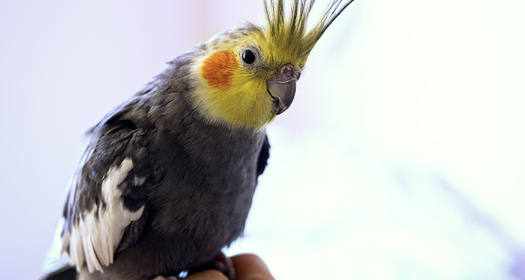
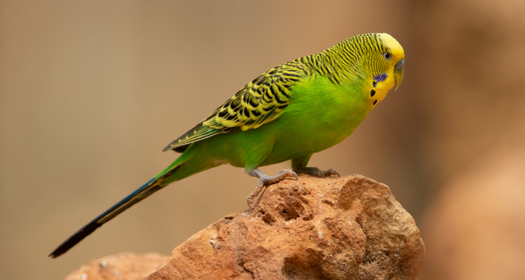
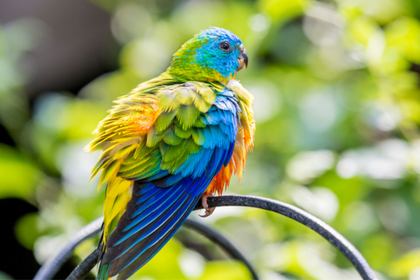
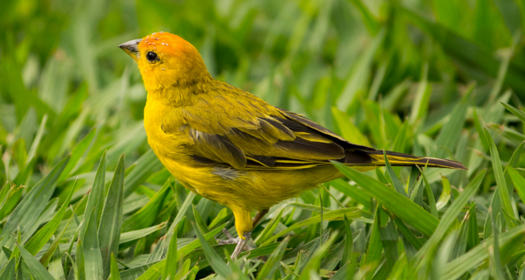
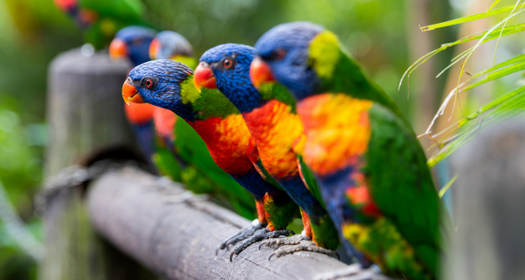



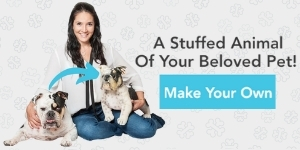
Leave Comment Below